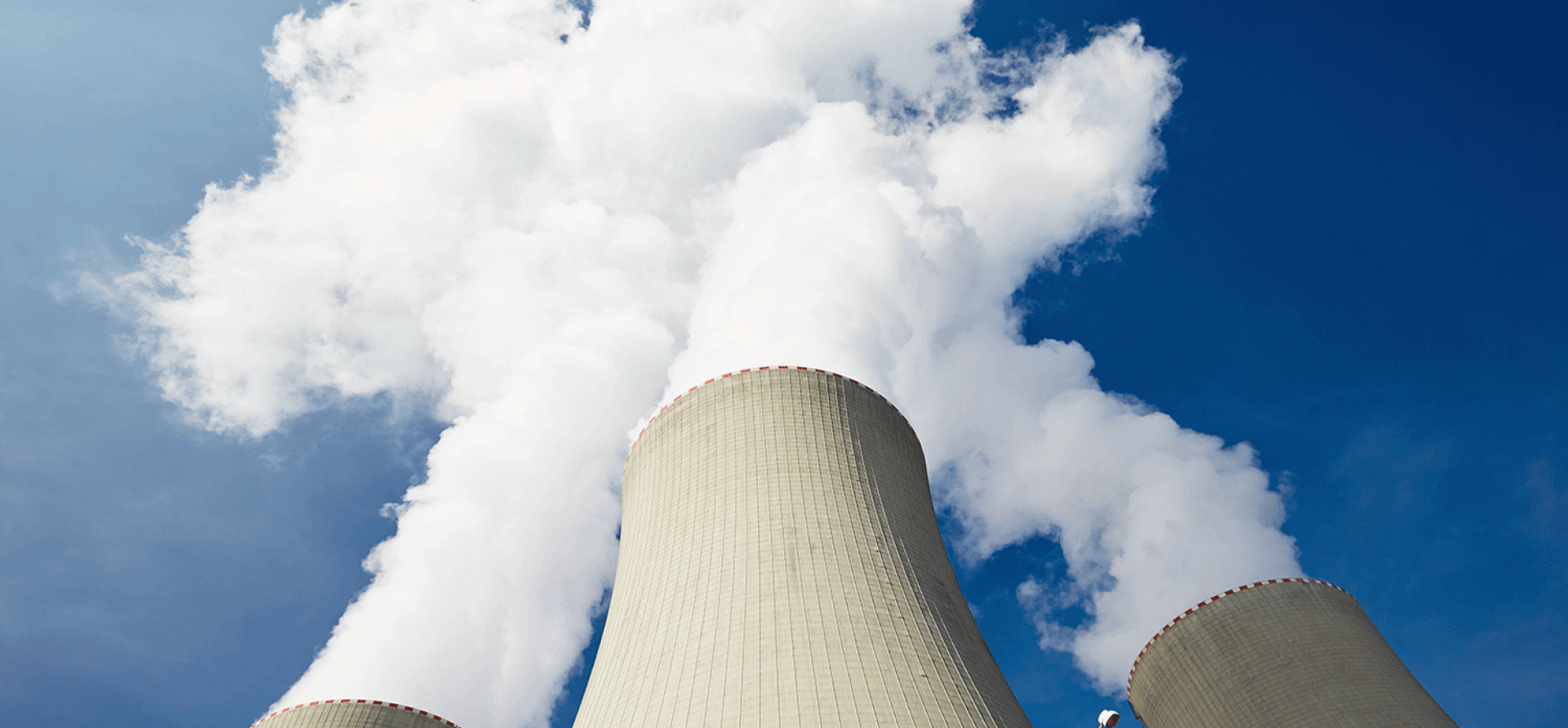Tackling Indonesia's nuclear power euphoria
Download Full Report

Key Findings
In growing energy markets like Indonesia, decision makers are facing a barrage of pro-nuclear media coverage as the nuclear industry floods the market with panels and webinars focused on the potential of nuclear power.
Nuclear is quickly losing market share as global power markets pivot toward more cost-competitive renewables.
Research has shown that an estimated 97% of nuclear power projects exceed their initial budgets.
PLN pledged to become carbon neutral by 2060. Renewables should be the focus of Indonesia’s net-zero pledge.
Executive Summary
Indonesian nuclear power supporters often promise that nuclear will be an affordable, safe and sustainable solution for the problem of over-reliance on fossil fuel. Yet, 70 years after the first nuclear power developments were announced, the technology is quickly losing market share as global power markets pivot toward more cost-competitive renewables and storage solutions. As old generation large scale nuclear units face decommissioning, there is little consensus about how long it will take for newer small-scale nuclear technologies to be economically viable nor how long-standing safety and waste disposal risks will be addressed.
Despite the steady erosion of nuclear power’s competitive potential, key South East Asian energy ministries continue to be lobbied by nuclear advocates. In growing power markets like Indonesia, decision makers are facing a barrage of pro-nuclear media coverage as the nuclear industry floods the market with panels and webinars focused on the potential of nuclear power. Many of these offerings are sponsored by lobbyists for
the international backers of new small modular reactor (SMR) technologies, who are actively engaging with governments and utilities around the region.
Determining the suitability of nuclear for the Indonesian power market will be a challenging task that will require honest and deep engagement by senior policymakers to ensure there is a high degree of accountability. There are a number of complex technical and market issues that must be considered when it comes to nuclear. The shortlist includes technology reliability, safety and safeguards, the geographic conditions of South East Asia, the prospects for waste treatment and permanent disposal, fuel availability, affordability and the risk of persistent cost overruns and frequently overlooked shut-down costs. An objective review of these factors will be required to avoid questions about policy missteps in the future, particularly in the case of a country like Indonesia which is grappling with a costly effort to repair long-neglected operational problems at PT Perusahaan Listrik Negara (PLN), the national power company.















